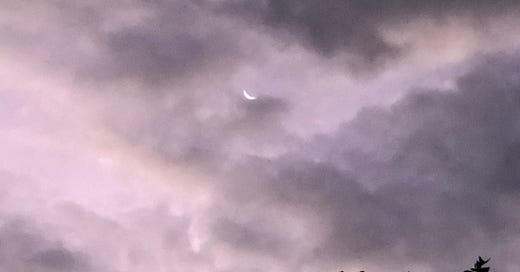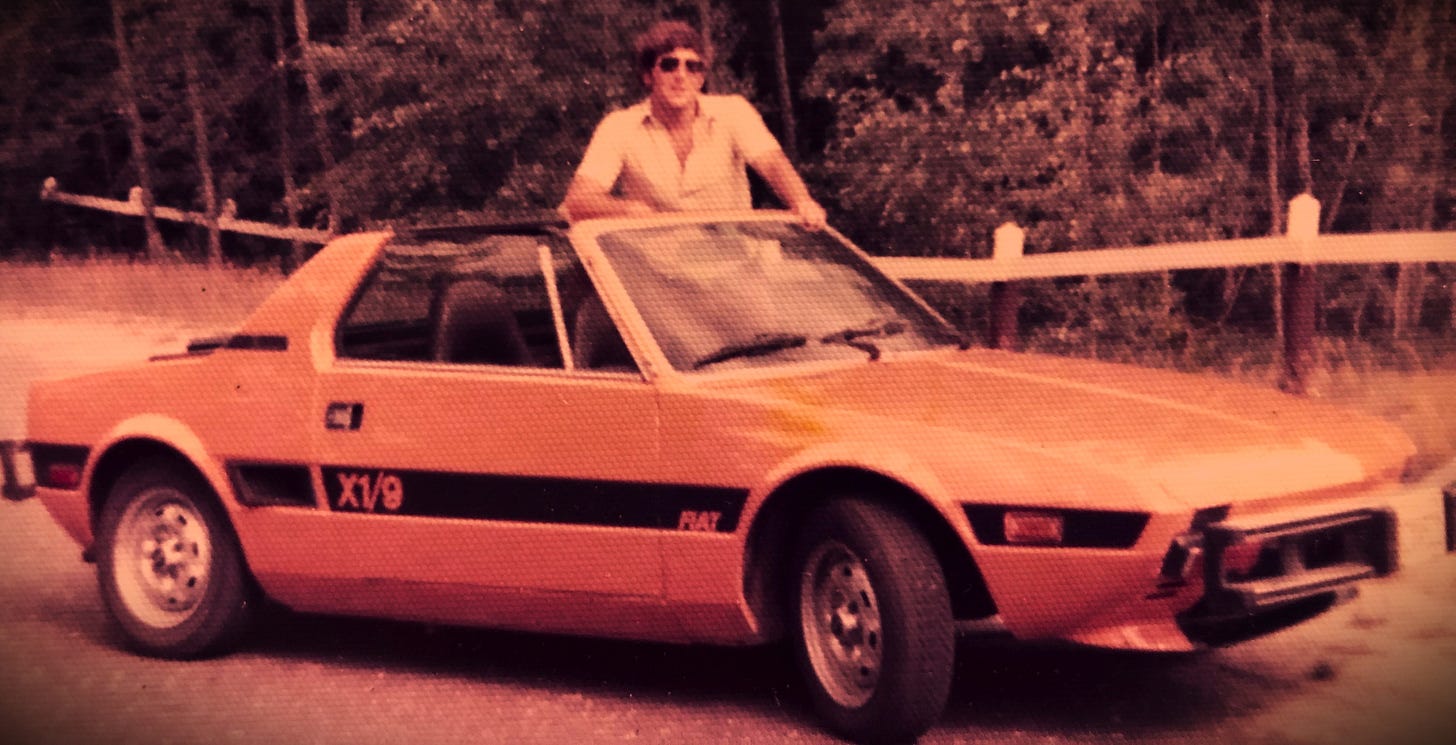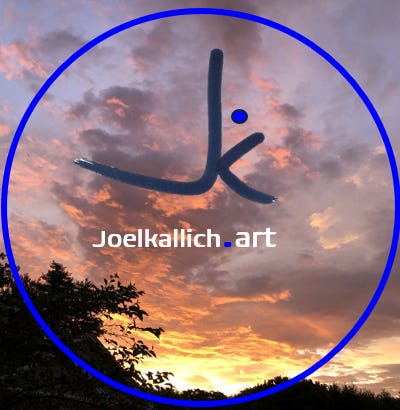I feel most alive in the morning; it is still, allowing contemplation. Over the last several years, I have found early mornings to be especially perspicuous and productive in all manner of endeavors. But this observation glosses over a deeper set of issues in many respects, and I believe this statement of my ‘his story’ is a bit more complex.
But the morning sun is breaking across the eastern sky, filling the upper corner of my window with visions of light, airy clouds, and birds crossing the expanse. Down below the roofline of the houses across the street, our lamppost and my desk light warm the darkness by outlining the trees, their leaves, and the debris on my desk. I have been trying to write this piece for two days now, and this is the second morning I am attempting to use the quiet and solitude of a morning to finish the piece.
While I had glimmers of self-awareness in my teenage years, in retrospect, my self-aware years began when I had a considerable amount of time on my own and the mornings when I worked as the Waterfront Director at Camp Arrowhead for Boys near Stella, Wisconsin (45.66388239793387, -89.2761906533487) were the beginning of the trend towards increasing self-reflection and thinking about all sorts of things in a much deeper way during the mornings when I was alone along the waterfront getting it ready for the campers, the lake was like a glass mirror. You might hear a loon call across the water. Still, you usually heard them in the twilight, and the morning noises were more likely the chattering of the chipmunks and smaller birds. As I went about my business of cleaning up the beach, docks, sailboats, canoes, and kayaks, I would think about how lucky I was to be here in the morning without anyone around and feel the cold, clear water while gazing across the water to the trees.
I have put the longitude and latitude of the location for those of you who want to see where exactly this place was and (now called Camp Horseshoe) where I spent a lot of time outdoors in my early 20s. Below are two pictures from the era of my youth in Wisconsin.
I started having deeper and more consistent internal conversations with myself when I moved to Boston at the end of the summer of 1979 at age 25. My mornings back then were hurried, but they were my own. I lived with 5 other graduate students in a house above Oak Square in Brighton, got to the shower first, and then immediately out the door without seeing anyone usually to ride my bike or take the bus to BU. I had my headphones, walkman & mixtape of music, and when I pulled up to Dunkin Donuts and got my extra large regular coffee, I was fully ready to start my work-study 8 AM job as a receptionist at the Sociology Department. But going down Washington to Cambridge to Comm Ave at 7 AM, heading east left considerable time to meditate as traffic and people in those days were pretty thin at that hour in the morning.
I had gone from a Midwest rube to the academic Disneyland of analytical and ordinary language philosophy, critical theory, pragmatism, and the history of science. I met Jurgen Habermas, who lectured in my class, which I was taking from his principal English translator, Tom McCarthy (https://iep.utm.edu/habermas/). Studying philosophy, language, and logic for the first time required a herculean reading of dense and difficult-to-read literature with which I was completely unfamiliar. I started getting to BU at 6 AM to have two hours of reading in my study carrel in the library before I was required to show up to do my receptionist job at the Sociology department. I had only one friend in Boston at the time, and he was busy starting a teaching job at Northeastern, so work and coffee were my stalwart companions.
If you are a BU graduate student, you are allotted a study carrel or desk in a cage with a cage door that locks in the stacks. From the 3rd floor up, you rarely see another soul. The lighting, well, it is pretty soul-destroying, as the slits of windows (reminders of medieval castle arrow loops), only on the west side of the building, do not let in much light. Motion-detecting sensors control all the lights, and so it is completely dark except for a tiny bit of light from the windows, and when you venture into the stacks, only a small section of lighting comes on. But the cages are extremely quiet workspaces, and you can wander through the stacks, grab books at will, bring them back to your cage, and leave them, and they will be undisturbed until you come back.

Plenty of time for reading and thinking. I am going to post this piece as a down payment, and my ideas about discussing Plato and the logic of language and art that prompted this attempt at writing again will have to wait until tomorrow morning as we continue on the journey into the fall.
Stay well, do good work, pay it forward, and vote for Harris & Waltz if you want the devil put down for another four years.
As my good friend Bruce says, Love and Peace, man, that is what it is all about.







![r/EarthPorn - The Lake is Glass. Wisconsin Northwoods. [OC] (5918x3884) r/EarthPorn - The Lake is Glass. Wisconsin Northwoods. [OC] (5918x3884)](https://substackcdn.com/image/fetch/$s_!bMko!,w_1456,c_limit,f_auto,q_auto:good,fl_progressive:steep/https%3A%2F%2Fsubstack-post-media.s3.amazonaws.com%2Fpublic%2Fimages%2Fe4e773b8-ecad-44b7-89b9-d2571aa595de_640x420.jpeg)



I enjoyed your beautiful writing in my mailbox this morning. It made me think about the woods and libraries - both places of reflection.